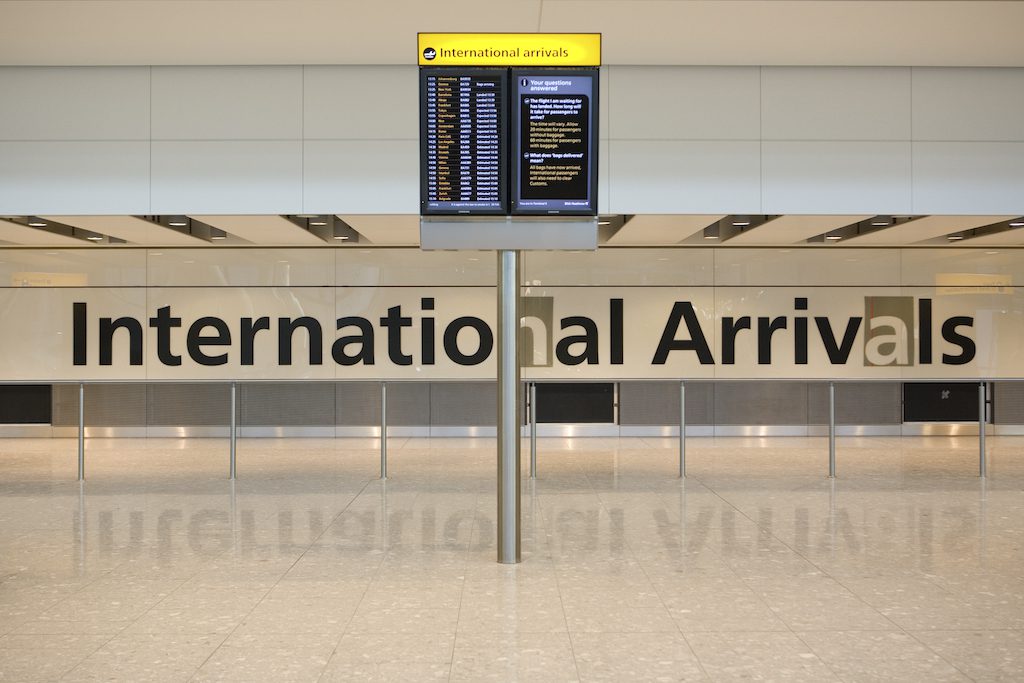Airline CEOs Tout UK-U.S. Travel Corridor Ahead of G7 But Would It Come Too Late?

Skift Take
Airlines have renewed their push for a UK-U.S. travel corridor following both countries' largely successful vaccination campaigns. But their arguments have fallen on seemingly deaf ears so far, raising doubts as to whether this latest push will make any difference.
The airlines flying between the UK and U.S. have re-upped their push for a travel corridor between the two countries ahead of the G7 Summit later this week.
It's a move they see as potentially becoming the "poster child" for a greater global reopening of travel as Covid-19 vaccination rates rise.
Speaking in a rare joint video conference from both sides of the Atlantic on Monday, the CEOs of American Airlines, British Airways, Delta Air Lines, JetBlue Airways, United Airlines and Virgin Atlantic reiterated the same old arguments for a corridor: that travel is safe with vaccinations or negative Covid-19 tests; the economic losses to the entire travel industry — and national economies — are steep; as are the personal costs for families and friends separated by closed borders.
They did not indicate what makes now different from several months ago when calls for a UK-U.S. travel corridor began. The biggest change is simply time: The summer travel season has begun with little to no movement on reopening one of the larges
